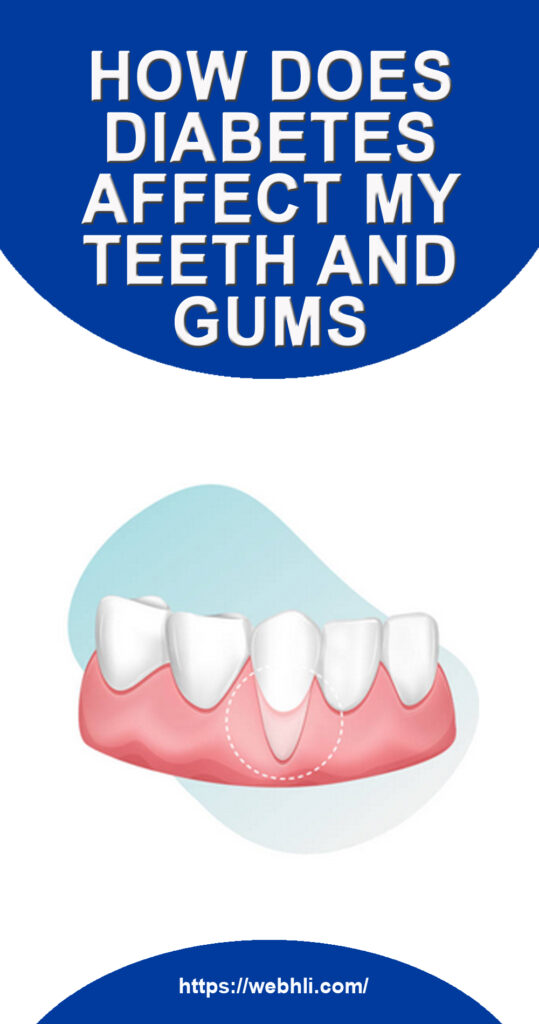
What is Diabetes Mellitus?
Diabetes is a lifelong (chronic) disease in which there is a high level of sugar in the blood. Insulin is a hormone produced by the pancreas in your body to control this blood sugar. Diabetes thus, can be caused by too little insulin production, resistance to insulin, or both.
To understand diabetes, it is important to first understand the normal process by which food is broken down and used by the body for energy. Several things happen when food is digested:
A sugar called glucose is absorbed into the bloodstream. Glucose is a source of fuel for our body. The body now produces insulin. The role of this insulin is to move glucose from the bloodstream into muscle, fat, and liver cells, where it can be stored.Diabetics have high blood sugar because their body cannot move sugar into fat, liver, and muscle cells to be stored for energy.
Check out these related articles, too:
Lower Blood Sugar Levels Right With 5 Food Choices!
Is It Safe For Diabetics to Eat Cranberries?
Choosing a Diabetic Meal Plan to Stop Diabetes Symptoms
High And Low Blood Sugar Levels Chart Provides You With a Clear Idea
10 Tips On How To Reverse Diabetes Naturally
Why does this happen?
Their pancreas either does not make enough insulin or the body cells do not respond to insulin normally.Both of the above ca also occur
There are three major types of diabetes:
Type 1 diabetes can occur at any age, but it is most often diagnosed in children, teens, or young adults. In this disease, the body makes little or no insulin. Daily injections of insulin are needed to control this. The exact cause is unknown.
Type 2 diabetes makes up most of diabetes cases. It most often occurs in adulthood, but teens and young adults are now being diagnosed with it because of high obesity rates. Many people with type 2 diabetes do not know they have it. In this type of Diabetes the cells of the body require higher insulin levels to clear the blood of sugar
Gestational diabetes is high blood sugar that develops at any time during pregnancy in a woman who does not have diabetes.
Complications of Diabetes:
Periodontitis: Periodontitis is an infection of the supporting structures of the teeth ie, the Alveolar bone the ligaments and the gingiva on top. Uncontrolled diabetics show increased levels of gum infections which results in early loss of their teeth. In uncontrolled diabetics there is increased production of advanced glycation end products.these do not allow the collagen to be remodeled therefore the collagen tends to break down at the slightest infection resulting in multiple abscess in the gums
Diabetic cardiomyopathy: damage to the heart, leading to diastolic dysfunction and eventually heart failure.
Diabetic nephropathy: damage to the kidney which can lead to chronic renal failure, eventually requiring dialysis. Diabetes mellitus is the most common cause of adult kidney failure worldwide in the developed world.
Diabetic neuropathy: abnormal and decreased sensation, usually in a 'glove and stocking' distribution starting with the feet but potentially in other nerves, later often fingers and hands. When combined with damaged blood vessels this can lead to a diabetic foot. Other forms of diabetic neuropathy may present as mononeuritis or autonomic neuropathy. Diabetic amyotrophy is muscle weakness due to neuropathy.
Diabetic retinopathy: growth of friable and poor-quality new blood vessels in the retina as well as macular edema (swelling of the macula), which can lead to severe vision loss or blindness.
Is there an association between gum disease and Diabetes?
For the nearly 50 million Indians that have diabetes, many may be surprised to learn about Periodontitis being an unexpected complication associated with this condition. Research shows that there is an increased prevalence of advanced gum disease called periodontitis among those with diabetes, The American Diabetic Association has added periodontitis to the list of other 5 established complications associated with diabetes, macro vascular disease such as heart disease, micro-vascular diseases, retinopathy, nephropathy (renal disease) and neuropathy.
If I have gum disease like Periodontitis will I have more diabetes?
Research is showing that when gum disease/ periodontitis is present it results in increased levels of TNF-alpha. The ability of the body to respond to insulin decreases therefore the patient requires a higher dose of insulin or oral hypoglycemic drugs to control their rising blood sugar levels. Research has also shown that once this gum disease is controlled the amount of medication required reduces.
Is There a Two-Way Street?
Yes,the relationship between serious gum disease and diabetes is two-way. Not only are people with diabetes more susceptible to serious gum disease, but serious gum disease may have the potential to affect blood glucose control and contribute to the progression of diabetes. Research suggests that people with diabetes are at higher risk for oral health problems, such as gingivitis (an early stage of gum disease) and periodontitis (serious gum disease). People with diabetes are at an increased risk for serious gum disease because they are generally more susceptible to bacterial infection, and have a decreased ability to fight bacteria that invade the gums.
Diabetics should get their periodontal health examined by a periodontist every 6 months.
If I Have Diabetes, am I at Risk for Dental Problems?
If your blood glucose levels are poorly controlled, you are more likely to develop serious gum disease and lose more teeth than non-diabetics. Like all infections, serious gum disease may be an important factor in causing blood sugar to rise. Other oral problems associated to diabetes include: thrush, an infection caused by fungus that grows in the mouth, and dry mouth which can cause soreness, ulcers, infections and cavities.
How Can I Help Prevent Dental Problems Associated with Diabetes?
First and foremost, control your blood glucose level. Get regular blood check ups done Then, take good care of your teeth and gums, along with regular checkups every six months.
Flossing every day helps prevent build up of plaque or tarter which results in gum disease. Care should be taken not to snap the floss between the gums as it will hurt the underlying gums.
Brushing should be done twice a day and care should be taken to reach all areas of the mouth or you can ask your dentist to correct your method.
Some dental patients complain of excessive dryness this can result in caries and fungal infections our specialists provide gels to prevent such dryness.
To control thrush, a fungal infection, maintain good diabetic control, avoid smoking and, if you wear dentures, remove and clean dentures daily.
Diabetes Foods to Eat – You Have a Lot to Eat Without Fear
Amazing Diabetics Breakfast Ideas
10 Diabetic Foods to Avoid for Blood Sugar Control
Should I Tell My Dental Professional About My Diabetes?
Yes, people with diabetes have special needs.please inform us of changes in your condition and any medication you might be taking. Postpone any non-emergency dental procedures if your blood sugar is not in good control.
The most common complication for diabetics on the dental chair is hypoglycemia, due to the hypoglycemic medications.Please do not come empty stomach for appointments.
Prior to any major dental appointment it is required to get a glycated hemoglobin test done. This test tells us the blood sugar levels over a period of three months
With appropriate care and awareness on the part of the patient and doctor, Diabetes can be defeated.
The author is a cosmetic periodontist, assistant professor in Bangalore, India. and director of Smilechain group of clinics in India. Can be contacted at [http://www.smilekraft.in] or Director@smilekraft.in
Article Source: http://EzineArticles.com/6893942



 Protected by Patchstack
Protected by Patchstack